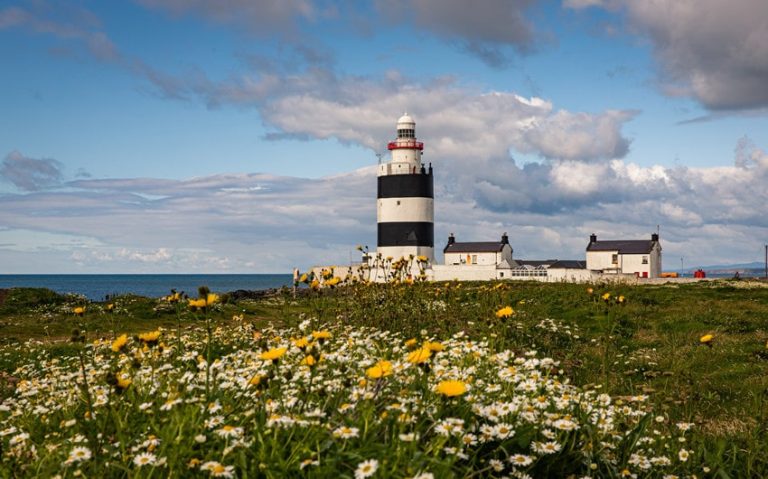How to Travel on a Budget: 5 Essential Tips
Traveling doesn’t have to cost a fortune. With some planning, resourcefulness, and the right tools, you can explore without digging too deep into your savings.
We’ve compiled 5 top tips to help you travel on a budget without compromising the experience.
1. Book Flights Like a Pro
Cheap flights are the holy grail of budget travel, but they’re not always easy to find. Timing and the right tools are essential:
• Use Flight Comparison Tools: Apps like Skyscanner or Google Flights are great for landing affordable flight options. Experiment with flexible dates and times. Sometimes, flying on a Wednesday at 11 p.m. could save you hundreds.
• Set Alerts: Price-tracking tools like Google Flights Price Tracker will let you know when fares drop for your dream destination.
• Fly Off-Peak: Shoulder seasons (just before or after peak travel times) offer fewer crowds and lower costs. You can still enjoy that summer-in-Europe vibe in late September for half the price.
Top Tip: If you’re hopping across Europe or Southeast Asia, budget airlines are your best bet, but always check for extra fees like checked baggage and seat selection charges.
2. Stay Connected for Less with an eSIM UK
The cost of calls and internet access is often the last thing travelers consider when heading overseas. Roaming charges can quickly become a hidden budget killer, which is where eSIMs provide a cost-effective solution. For instance, if you’re visiting England, an eSIM UK could help you avoid hefty roaming fees while keeping you connected with ease.
A study by Juniper Research predicts that travel eSIM users will grow by 440% over the next five years. The founder of MoneySavingExpert, Martin Lewis, even tried out an eSIM while traveling Europe for 10 days and paid just £18 for 10GB of data which lasted his entire stay.
Some ways an eSIM will benefit and ensure budget travel:
• Cost-Efficiency: Unlike traditional SIM cards, eSIMs let you switch to local networks without buying a new SIM in every country. You won’t have to pay for overpriced international data and call plans or fumble with a physical SIM.
• Instant Connectivity: Activate an eSIM before landing and avoid airport Wi-Fi woes. An eSIM will ensure you have access to navigation apps, translation apps, and can upload all your travel pictures.
• Eco-Friendliness: An eSIM is digital so you’ll have no plastic cards to throw away, which is much better for the environment.
Top Tip: Check out global eSIM plans so you can seamlessly hop between destinations without being disconnected.
3. Ditch the Hotels
Five-star resorts sound nice and have that luxury appeal, but your travel budget will thank you for exploring alternative accommodation options.
• Hostels and Budget Hotels: Over the years, hostels have upgraded their reputation. Most now offer clean, safe, and social spaces for a fraction of the price.
• Home Rentals: Platforms like Airbnb or Vrbo often offer entire apartments for less than a hotel room. One of the perks is that you can cook your meals and save on eating out.
• House Sitting: Platforms like TrustedHousesitters offer travelers the opportunity to look after someone’s home in exchange for free accommodation while visiting an area. This is also a good way to connect with locals while traveling.
4. Eat Like a Local
Food can be one of the biggest travel expenses, but it doesn’t have to be.
• Local Markets: Instead of eating at “tourist trap” restaurants, grab fresh, affordable meals and snacks from street vendors or local markets.
• Self-Catering: If your accommodation has a kitchen, get some groceries and whip up some local-inspired dishes.
• Lunch Specials: Many restaurants offer discounted lunch menus, which means you could enjoy authentic meals while traveling that cost a lot less than the average dinner price.
5. Explore Without Overspending
You don’t need to spend a fortune to experience a destination. You can use:
• Public Transport: Buses, trains, and trams are usually cheaper than taxis and Uber and allow you to travel like a local.
• Free Attractions: Many cities have free walking tours, museums, and parks. Look for local events like festivals and markets.
• Travel Passes: Tourist cards often include discounts or free entry to attractions and unlimited public transport. If you’re exploring England, for example, you could take advantage of the 2 for 1 options offered by Days Out Guide.
Top Tip: You can use apps like Rome2rio to plan cost-efficient routes between attractions.
Final Say
Traveling on a budget doesn’t mean skimping on fun. It means being smart about where and how you spend your available funds. Finding cheap flights, using an eSIM, considering alternative accommodations, eating and exploring like a local are small steps you can take that add up to big savings.







